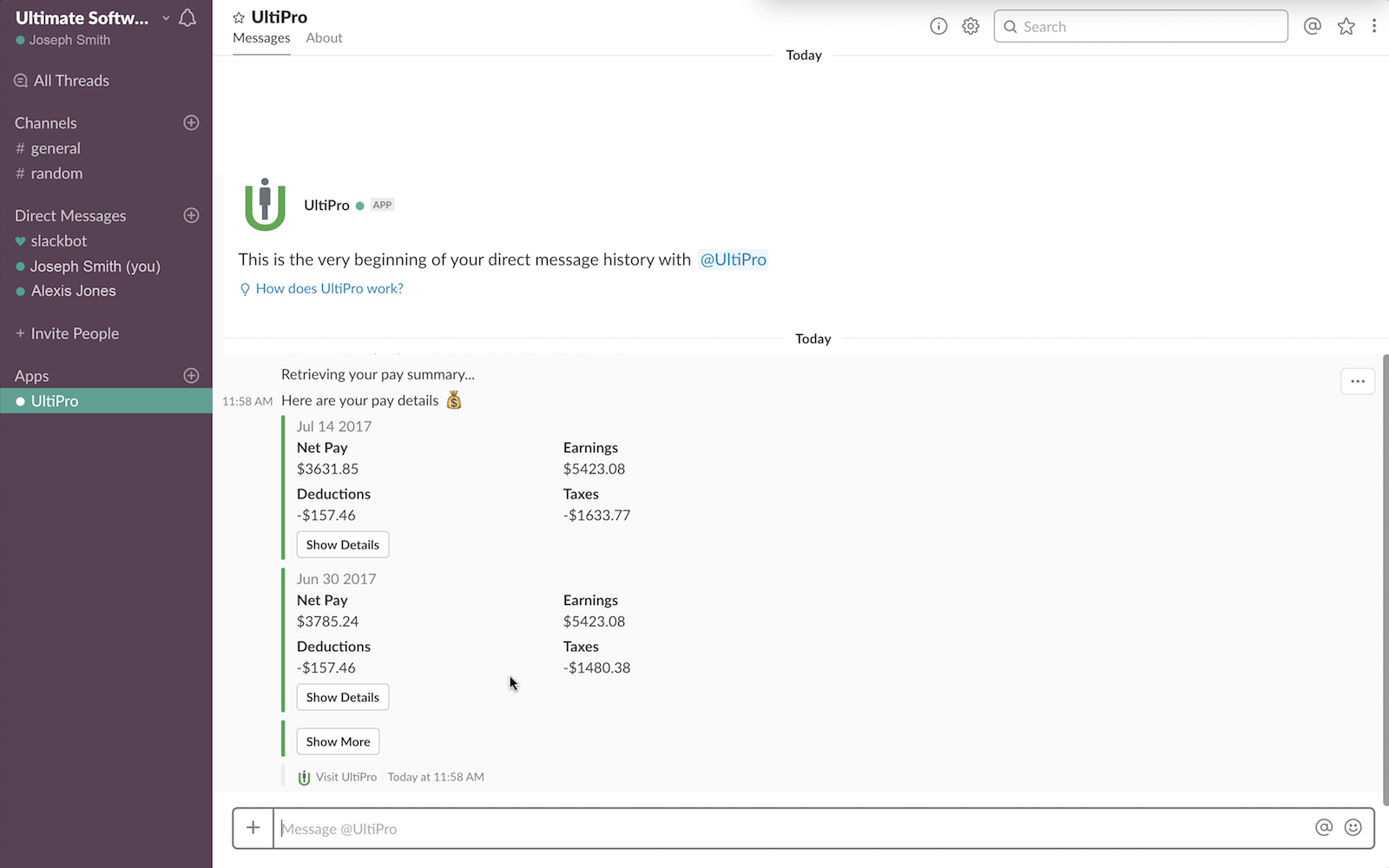

That’s why we’re calling on Slack to introduce one ASAP. What Slack lacks, however, is a proper ‘block’ feature, to prevent abusive messages from reaching users.

Slack, like other tools we’ll mention below, also has an activity dashboard that shows how many messages each member has sent, which are the most active channels, and more. account/workspace-settings#retention” to see if your company allows admins to access public and private chats you have on the platform. How can you tell if your boss could read your Slacks? Go to “. Third-party Slack apps like Hanzo let employers do so. Things get a bit more complicated if you work in certain parts of government or if your employer pays for a higher level plan, where an employer would need to routinely hold onto your messages and other information. Your boss would have to prove to Slack that you gave them permission, they have a valid legal reason to access the messages, or there’s a “right or requirement under applicable laws,” notes a Vox article on the topic. Admins can export messages from public channels, but employers on either Slack’s free tier or paid tier need to submit a request to Slack before they can access your private chats. There’s a good chance your boss can get access to your Slack messages. The simple answer is there is no simple answer. If you’ve chatted with anyone using apps like Slack or Microsoft Teams or Zoom, you may have wondered who else may be tuned into the conversation as well. But with more and more digital platforms being used for work comes a new flavour of workplace anxiety: employee surveillance.

We expect a certain level of privacy when we talk on any platform. “Can my boss read my Slack messages?” It’s a question as old as time itself (or at least as old as work chat).


 0 kommentar(er)
0 kommentar(er)
